“Golden time” for private economic development
Speaking at the discussion hall, the opinions of National Assembly deputies all agreed to amend and supplement a number of articles of the Enterprise Law to meet requirements in the context of the role of the business community, especially private enterprises, becoming an important driving force.

Adding comments to the draft law, delegate Tran Thi Nhi Ha (Hanoi Delegation) stated that the private economic sector has about more than 5 million business households and more than 940 thousand enterprises. However, the current Enterprise Law and this draft law do not mention the reform of the business household model, while this is the key content identified in Resolution No. 68-NQ/TU dated May 4, 2025 of the Politburo on private economic development.

With the above analysis, delegate Tran Thi Nhi Ha recommended that the Government should develop a roadmap to convert all business households to enterprise models, with the deadline for eliminating lump-sum tax in 2026. Along with that, it is necessary to soon promulgate the Law on Private Enterprises to apply to small and micro business models.
“The Law on Enterprises is being amended this time in the context that the Politburo has identified the private economic sector as the most important driving force of the national economy, the pioneering force promoting growth. Therefore, this is the “golden time” to perfect institutions, build a synchronous legal corridor, promote the private economy to develop in the right direction, transparently and equally,” the delegate expressed.
Regarding the content of civil servants working at some types of public educational institutions being allowed to participate in the management and operation of enterprises established by such institutions or participating in the establishment to commercialize research results created by such institutions, delegate Mai Van Hai (Thanh Hoa Delegation) suggested that the drafting agency review the rights of civil servants in participating in scientific research and establishing enterprises, thereby, having consistent regulations between legal documents, ensuring effective implementation.
Demonstrate commitment to anti-money laundering
Delegate Trang A Duong (Ha Giang Delegation) agreed with 23 amendments and supplements to the draft Law. In particular, this amendment aims to remove obstacles and shortcomings in practice. However, the draft Law does not clearly stipulate capital after establishing an enterprise.
“I propose to study and add a regulation requiring enterprises to complete capital contribution within a certain period of time from the date of issuance of the certificate of establishment. In case of insufficient capital on time, the draft needs to stipulate specific handling measures, demonstrating seriousness in business activities,” delegate Trang A Duong proposed.
Commenting on the content of controlling fraud and virtual capital for enterprises, delegate Ha Sy Dong (Quang Tri delegation) said that the implementation of the Enterprise Law in the past nearly 3 decades has proven that simple and convenient business establishment is one of the important regulations, helping our country develop the private economy. Instead, state agencies strengthen post-inspection when there is suspicion.
“I propose to add a post-inspection mechanism based on risk management, instead of random and arbitrary inspections, which waste businesses’ time and can easily lead to harassment and negativity. Accordingly, state agencies must develop risk assessment criteria and inspect businesses at a high frequency for high-risk businesses and a lower frequency for low-risk businesses,” delegate Sy Dong suggested.

Delegate Nguyen Thi Yen Nhi (Ben Tre Delegation) cited Article 42 of the current Enterprise Law, which stipulates that the head office of an enterprise must be located in Vietnam and the contact address must be determined according to administrative boundaries. According to the delegate, this provision does not mention the requirement for documents proving ownership or legal right to use the head office address when applying for business registration.
In reality, many individuals and organizations register to establish businesses but use fake addresses, which creates many difficulties for authorities in post-inspection after the business is registered. Delegates suggested that the law drafting agency consider, research and supplement this provision.
Meanwhile, delegate Phan Duc Hieu (Thai Binh Delegation) proposed: “Currently, according to regulations, citizens aged 18 and over are allowed to contribute capital to establish enterprises. I propose lowering this age to 16 years old.”
Minister of Finance Nguyen Van Thang, representative of the agency drafting the Law project, received and clarified the issues raised by the delegates.
Source: https://hanoimoi.vn/bo-sung-co-che-hau-kiem-doanh-nghiep-theo-quan-ly-rui-ro-de-tranh-kiem-tra-tuy-tien-702882.html



![[Photo] Prime Minister Pham Minh Chinh chairs a meeting on the implementation of the Lao Cai-Hanoi-Hai Phong railway project.](https://vphoto.vietnam.vn/thumb/1200x675/vietnam/resource/IMAGE/2025/5/20/0fa4c9864f63456ebc0eb504c09c7e26)





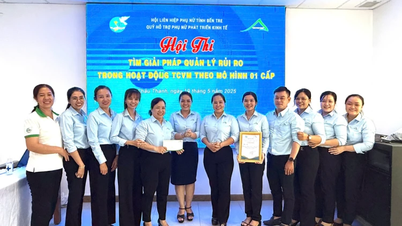

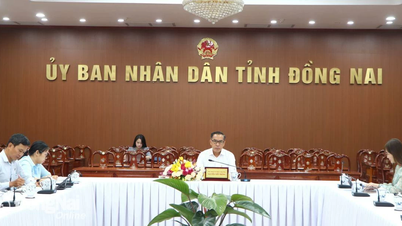










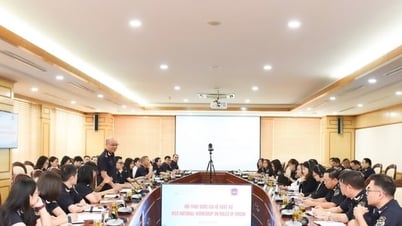




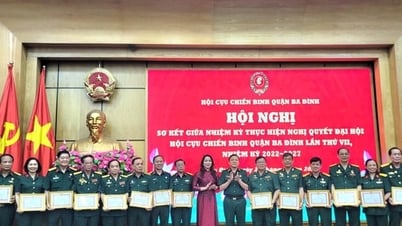






















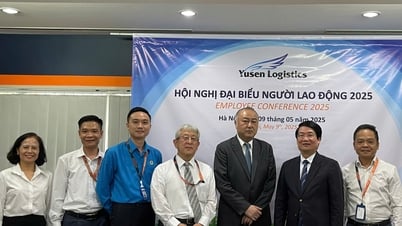







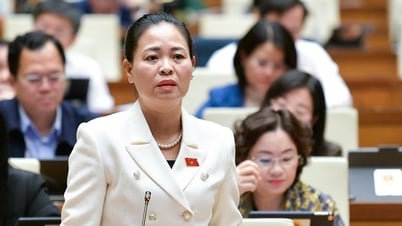








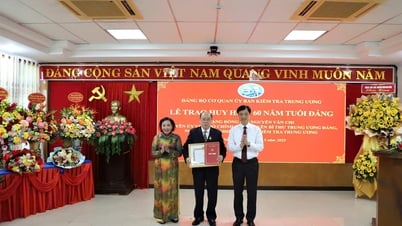
























Comment (0)